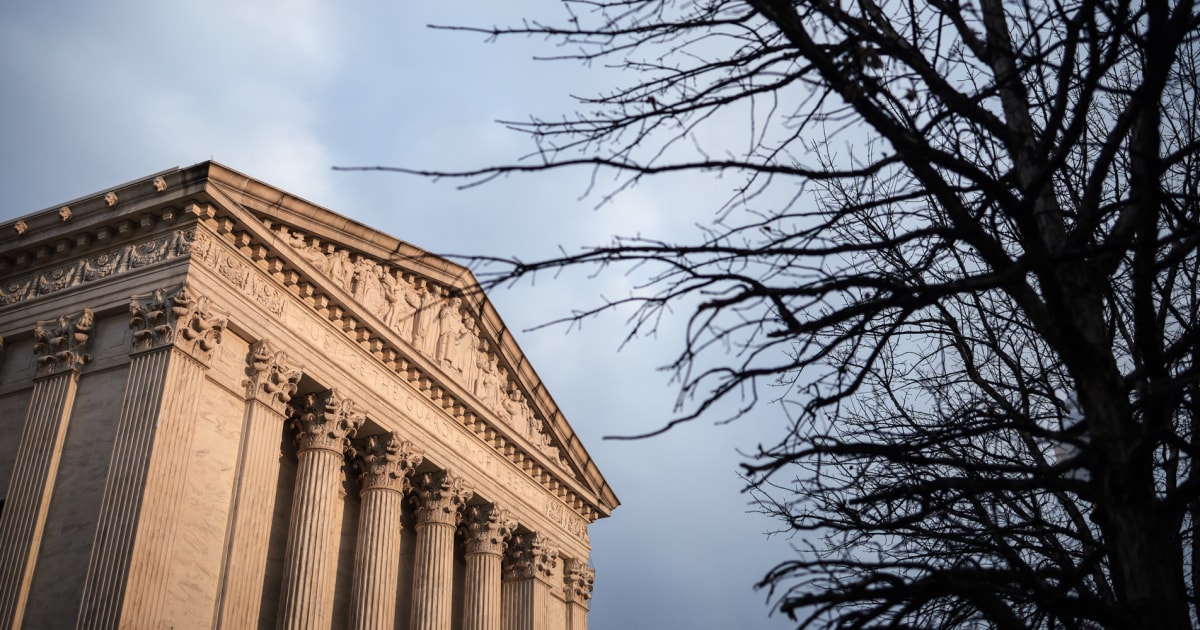Oregon Campaign Finance Reform Faces Setback: Proposed Delay Blocked After Public Outcry
A proposal to significantly delay campaign finance limits in Oregon has been rejected by state lawmakers following a wave of public backlash. The initiative, which aimed to postpone the implementation of these limits for four years, would have effectively pushed any restrictions into 2031 or later. The move sparked immediate controversy and ultimately failed to gain traction in the House.
The original proposal stemmed from a letter circulating among political groups, raising concerns about the impact of the new campaign finance regulations. House Republican Leader Christine Drazan of Canby introduced the bill this week as a direct response, arguing that the delay was necessary to allow for further evaluation and potential adjustments to the rules. Her reasoning centered on the belief that prematurely implementing the limits could inadvertently stifle political discourse and disadvantage certain campaigns.
However, the proposal was met with swift and vocal opposition from a broad coalition of advocacy groups, political analysts, and concerned citizens. Critics argued that delaying the limits would perpetuate the existing system of large-scale campaign spending, giving wealthy donors and special interests an undue influence on elections. They emphasized the importance of campaign finance reform in promoting fairness, transparency, and accountability in Oregon politics.
The backlash quickly gained momentum, with numerous organizations launching campaigns to urge lawmakers to reject the delay. Social media platforms buzzed with discussions and calls to action, further amplifying the public outcry. The intensity of the opposition ultimately proved insurmountable, leading to the bill's demise.
Why Campaign Finance Limits Matter: Campaign finance limits are designed to level the playing field in elections by preventing wealthy individuals and corporations from dominating the political landscape. They aim to reduce the potential for corruption and ensure that candidates are responsive to the needs of their constituents, rather than the demands of big donors. The debate surrounding this proposal highlights the ongoing tension between protecting free speech and ensuring fair and equitable elections.
Looking Ahead: While the proposed delay has been rejected, the issue of campaign finance reform is likely to remain a subject of debate in Oregon. Lawmakers may explore alternative approaches to address concerns about the new regulations, while advocates for reform will continue to push for stricter limits and greater transparency. The outcome of these discussions will have a significant impact on the future of Oregon's political landscape.
The rejection of the delay underscores the power of public engagement in shaping policy decisions. It serves as a reminder that when citizens voice their concerns, lawmakers are compelled to listen.






